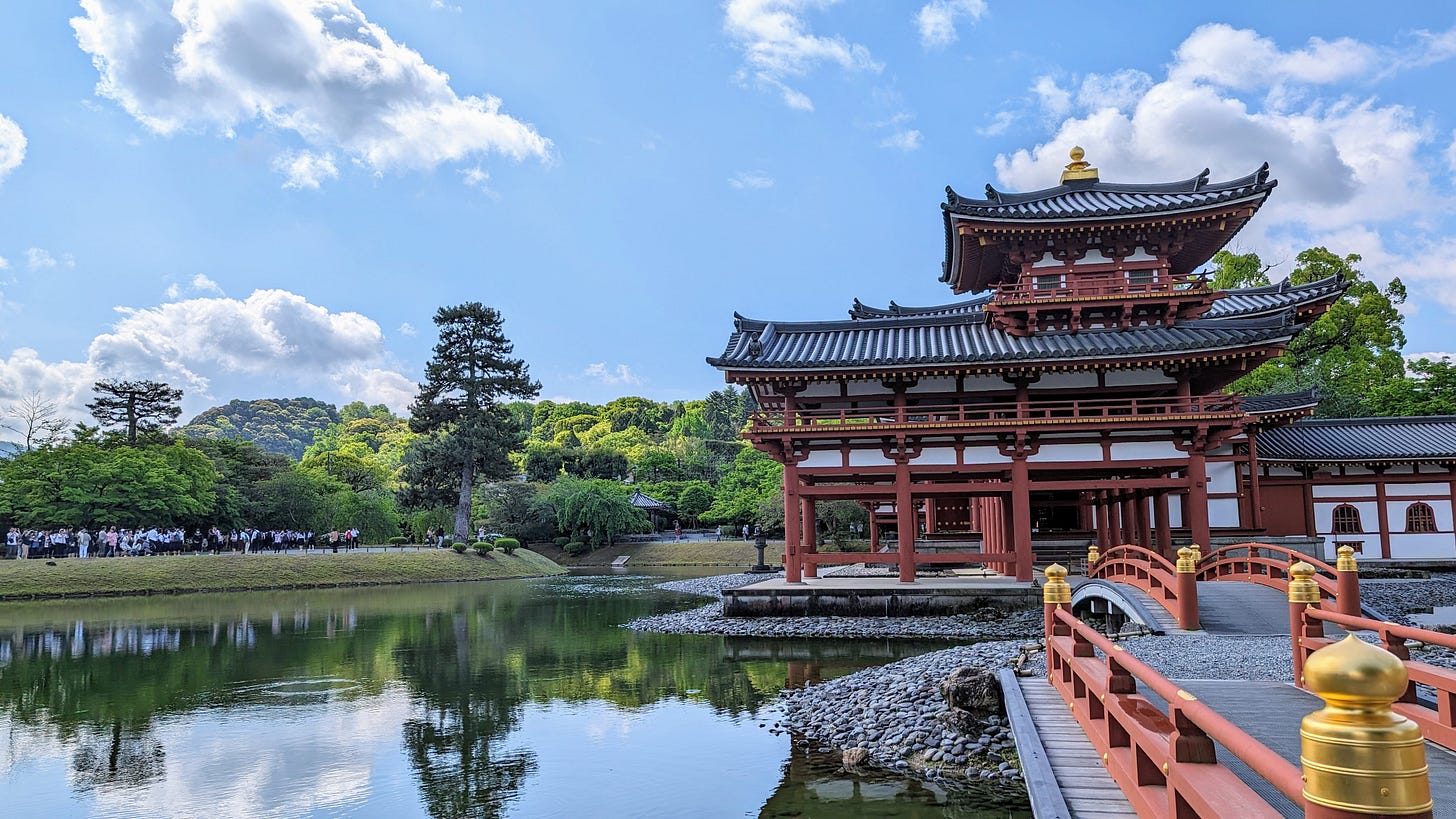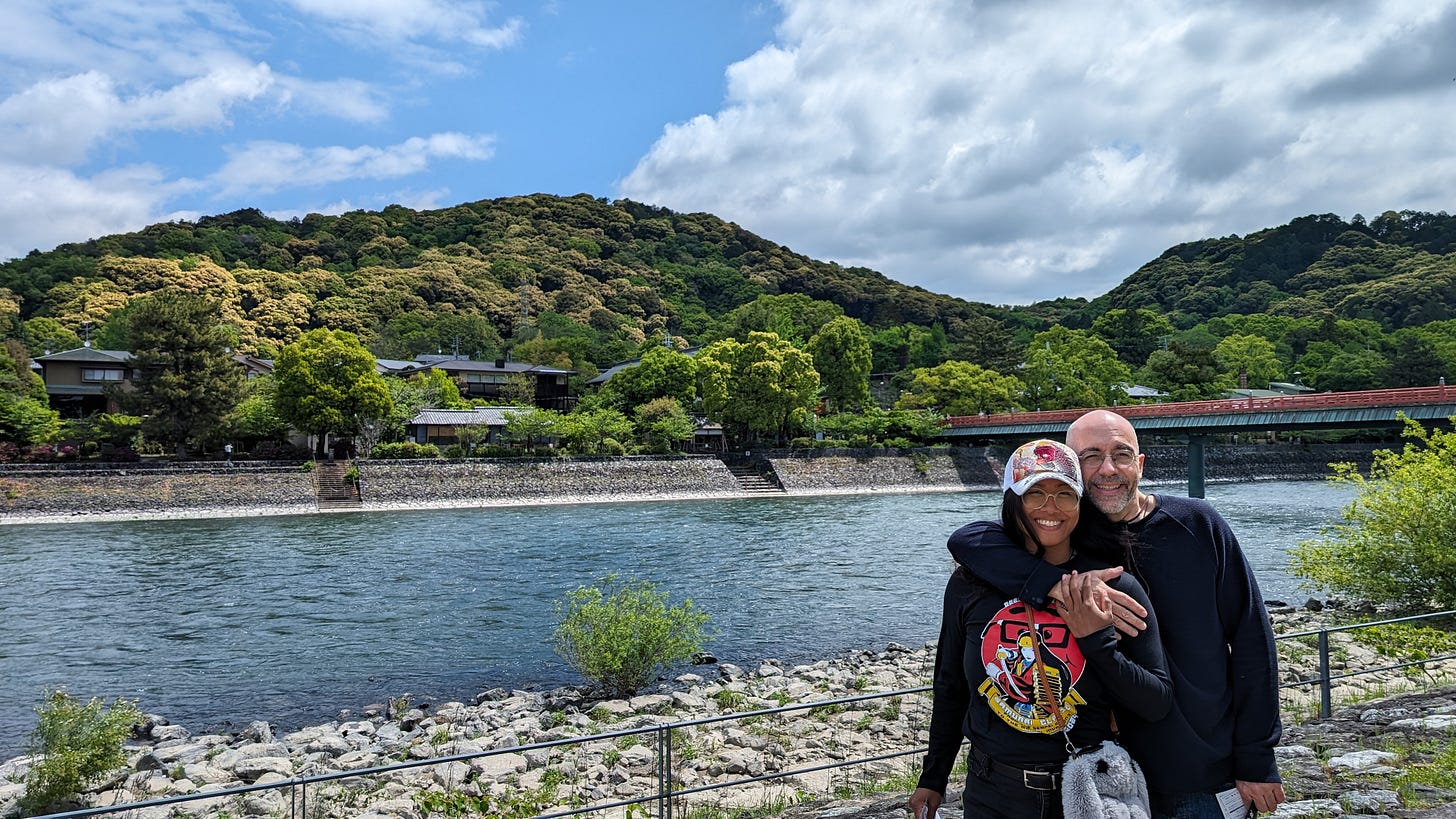One of the things that keeps driving me to spend ungodly amounts of hours researching history and crafting new episodes of History on Fire is the high of discovering stories so epic that they feel fictional. I never get tired of falling in love with the larger-than-life characters that populate these tales. Sometimes, after a particularly powerful series, I wonder how I’ll ever be able to match the raw power of the narrative. And then, unfailingly, I stumble into another historical event that completely blows my mind.
I’m currently in the middle of a two-part series that very much fits this pattern. The Genpei War (1180-1185), pitting against one another the two most powerful clans of the era, the Minamoto and the Taira, is one of the most crucial turning points in Japanese history. When I was first exposed to it, I thought it was interesting, but I doubted there was enough material for an episode. After an initial exploration of the topic, I figured maybe there was enough for one of the mini-episodes I create exclusively for supporters on Patreon and Substack, but no more than that. It makes me smile to see how wrong I was.
The Genpei War series is now one of my absolute favorites in the past nine years of creating History on Fire episodes. In my mildly biased opinion, the first episode of the series is good. The second (to be released in late August) is much better.
A big part of the credit for my change of heart goes to Teras Cassidy from Geek Nation Tours. This past April, he invited me to join him in leading a tour of Japan exploring the history of the Genpei War. Walking in the very places where all the events took place allowed me to ‘feel’ the story in a way that only reading it in books never could. And the more I researched, the more I realized that not only was there enough material for a couple of episodes, but this was one of the best stories I ever had a chance to cover.
My lady and I standing by the Uji River, site of two battles of the Genpei War
Movies and video games have usually overlooked this conflict in favor of the civil wars of the warring states period in the 1500s. Big mistake since the story of the Genpei War is as good as it gets. On one level, it’s one of those great revenge tales that Japan seems to produce in abundance (the 47 Ronin is another excellent example.) On another, it serves as the origin for all the romanticism surrounding the samurai down to this day: it was this civil conflict that ushered major changes in Japanese society, shifting power from a nobility made of imperial bureaucrats into the hands of landowning samurai families. As depicted in The Tale of the Heike, one of the most important works in Japanese literature, the Genpei War is also packed with incredible characters such as the tragic and fearless hero Minamoto Yoshitsune, his brother in arms the gigantic warrior monk Benkei, the female samurai Tomoe Gozen, the (evil) genius power player Taira Kiyomori, and many others.
Wanna hear how Yoshitsune learned swordsmanship from the demons of the forest? Check.
Wanna hear about one of the most famous cases of Seppuku in Japanese history? Check.
What about exorcisms, Buddhist parables about the impermanent nature of power, a feat of archery so amazing that it convinced the enemies to stop battle and cheer for the archer, a ritual suicide to urge your commander to stop having sex and concentrate on military maneuvers instead, and possibly the most badass death in the history of warfare? Also check.
In light of all this, I leave you with a few quotes, and invite you to check out part one. Part two will be here before the end of the month.
“The sound of the Gion Shoja bells echoes the impermanence of all things; the color of the sala flowers reveals the truth that the prosperous must decline. The proud do not endure, they are like a dream on a spring night; the mighty fall at last, they are as dust before the wind.” The Tale of the Heike
“When I die, do not build a temple or pagoda. Do not perform any ceremonies for me. Instead, you must send an army at once to vanquish Yoritomo. You must cut off his head and hang it before my tomb. I ask for nothing more." Taira Kiyomori in The Tale of the Heike
“The feat they were accomplishing seemed beyond mortal capacity, a fit undertaking for demons.” The Tale of the Heike
“This is how 70,000 horsemen of the Taira died, buried in this one deep valley; the mountain creeks ran red with their blood and the mound of their corpses was like a small hill.” The Tale of the Heike




